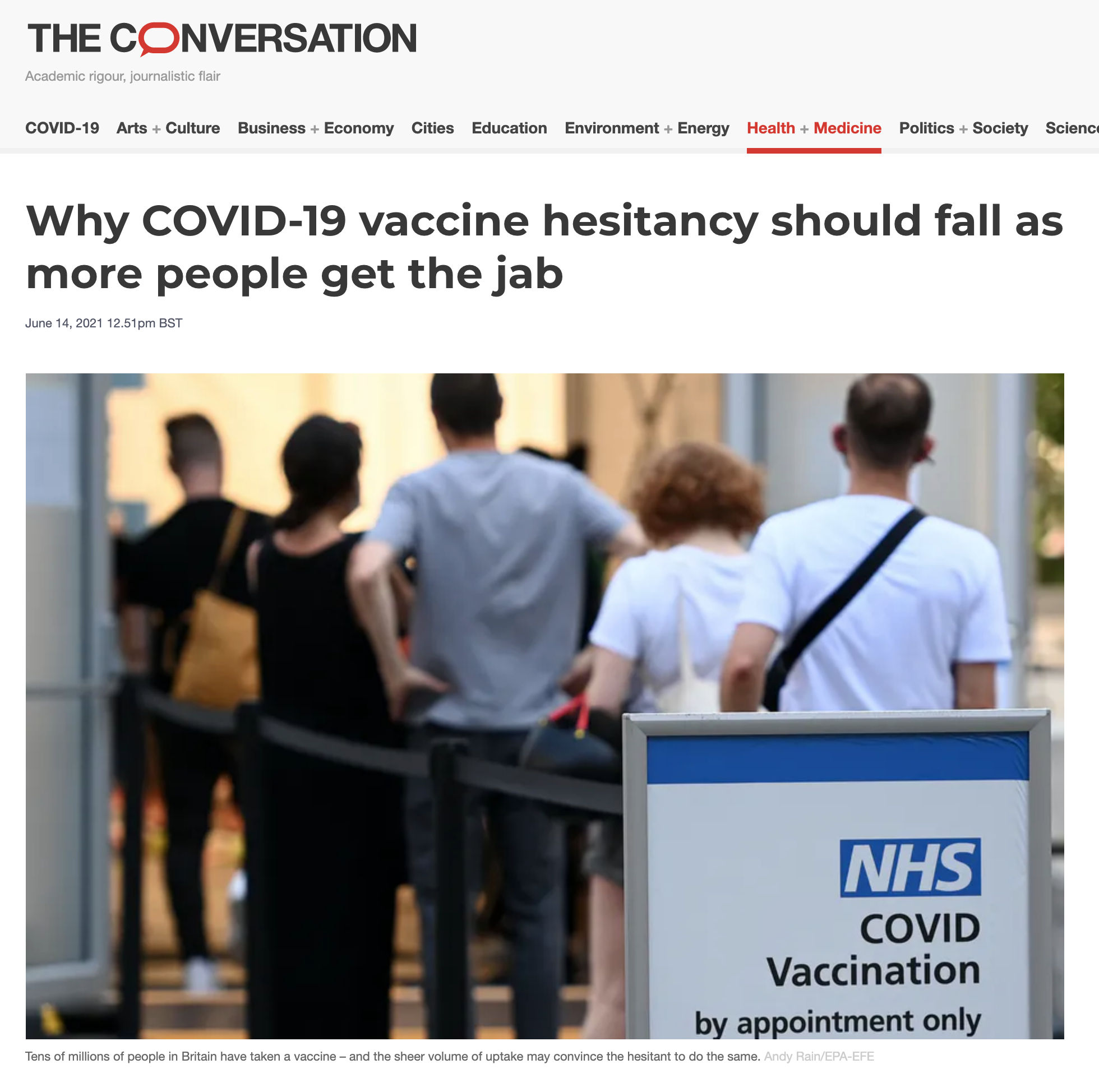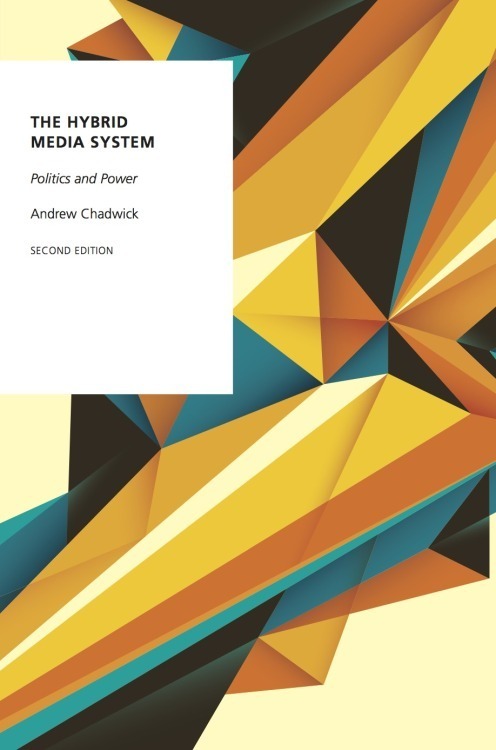New Journal Article—“Deception as a Bridging Concept in the Study of Disinformation, Misinformation, and Misperceptions”—Out Now in Communication Theory
/My Loughborough colleague James Stanyer and I have a new article out in Communication Theory: Deception as a Bridging Concept in the Study of Disinformation, Misinformation, and Misperceptions: Toward a Holistic Framework.
The origins of this piece go back to conversations we started having a couple of years ago about the curious lack of attention to deception in the research on misinformation, disinformation, and misperceptions.
Read More




















